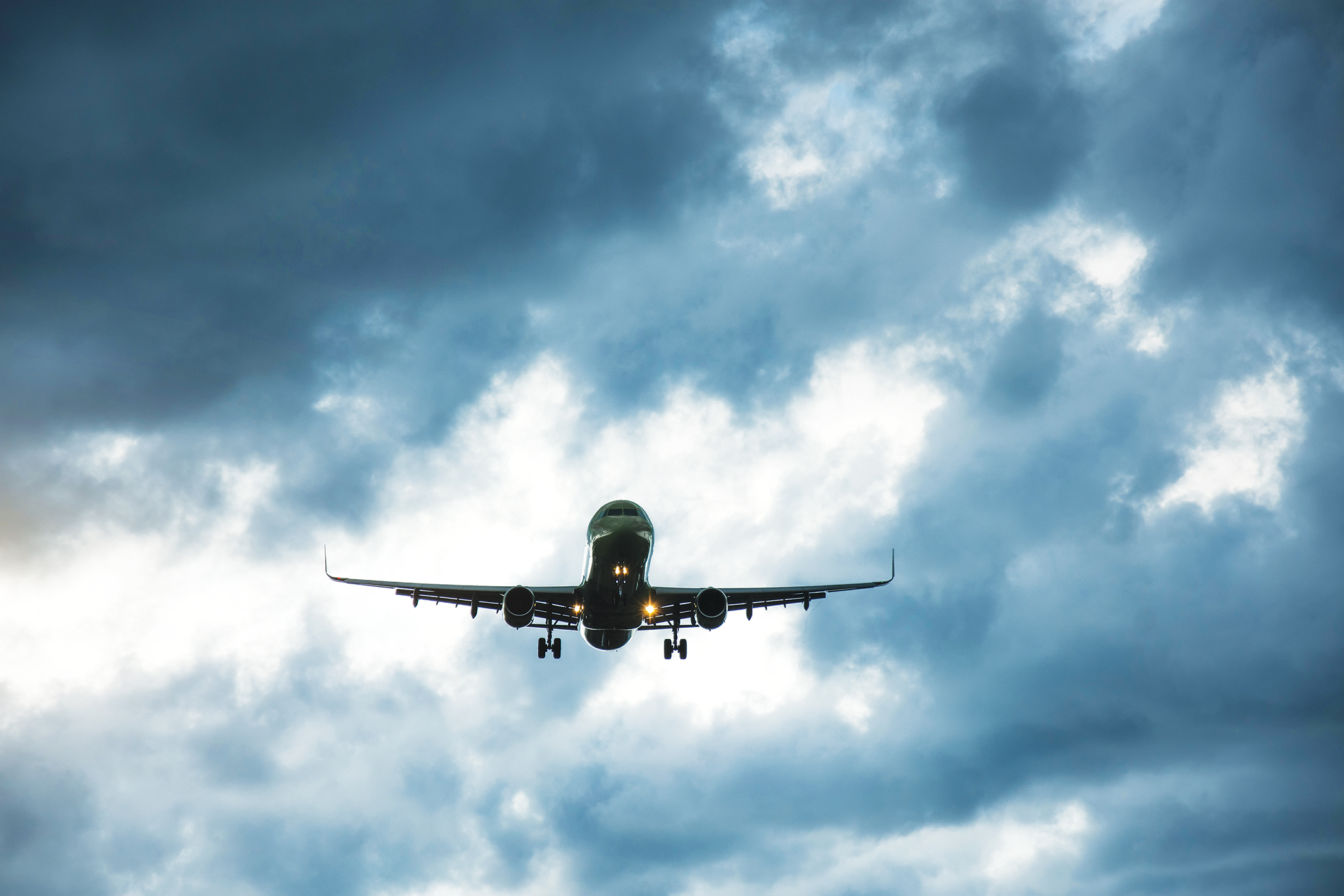
U.S. intensifies oversight of Boeing, will begin production audits after latest mishap for planemaker
January 12, 2024
By
The Associated Press

Photo: Aapsky/Adobe Stock
By Tom Krishner
The Federal Aviation Administration will begin auditing Boeing’s aircraft production and increase oversight of the troubled manufacturer after a panel blew off a jetliner in midflight last week, the last in a string of mishaps for its marquee aircraft.
The agency’s move comes just a day after it announced an investigation into whether Boeing failed to make sure a fuselage panel that blew off was safe and manufactured to meet the design that regulators approved.
The FAA said Friday that it would audit Boeing’s 737 Max 9 jetliner production line, as well as the company’s parts suppliers “to evaluate Boeing’s compliance with its approved quality procedures.”
The FAA statement said it also would look into safety risks from the agency delegating inspection authority to company employees, and will consider moving those functions to an independent third party.
“It is time to re-examine the delegation of authority and assess any associated safety risks,” FAA Administrator Mike Whitaker said in the statement. “The grounding of the 737-9 and the multiple production-related issues identified in recent years require us to look at every option to reduce risk.”
The agency also will increase monitoring of 737-Max incidents that happen while the plane is in use.
Boeing said Thursday it would cooperate with the FAA investigation, which is focusing on plugs used to fill spots for extra doors when those exits are not required for safety reasons on Boeing 737 Max 9 jetliners.
The FAA investigation is focusing on plugs used to fill spots for extra doors when those exits are not required for safety reasons on Boeing 737 Max 9 jetliners.
One of two plugs on an Alaska Airlines jetliner blew out shortly after the plane took off from Portland, Oregon, a week ago, leaving a hole in the plane. The cabin lost pressure and the plane was forced to return to Portland to make an emergency landing. No serious injuries were reported.
After the incident, the FAA grounded all Max 9s equipped with the plugs, forcing Alaska and United to cut flights. The aircraft remain grounded while the National Transportation Safety Board and the FAA continue their investigation.
After the plane lost pressure, the FAA was told of other problems on the 737-9. Alaska and United reported finding loose bolts on door plugs that they inspected in some of their other Max 9 jets.
NTSB investigators said this week they have not been able to find four bolts that are used to help secure the 63-pound door plug. They are not sure whether the bolts were there before the plane took off.
On Thursday, the FAA asked Boeing to respond within 10 business days and tell the agency “the root cause” of the problem with the door plug and steps the company is taking to prevent a recurrence.
Earlier this week, Boeing CEO David Calhoun called the incident “a quality escape.” He told employees that the company was “acknowledging our mistake … and that this event can never happen again.”
The door plugs are installed by Boeing supplier Spirit AeroSystems, but investigators have not said which company’s employees last worked on the plug on the Alaska plane that suffered the blowout.
The day after the blowout, the FAA grounded Max 9 jets, including all 65 operated by Alaska and 79 used by United Airlines, until Boeing develops inspection guidelines and planes can be examined. Alaska canceled all flights by Max 9s through Saturday.